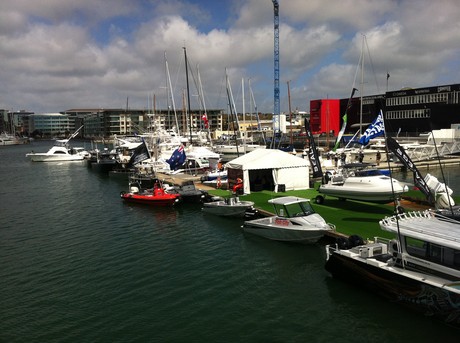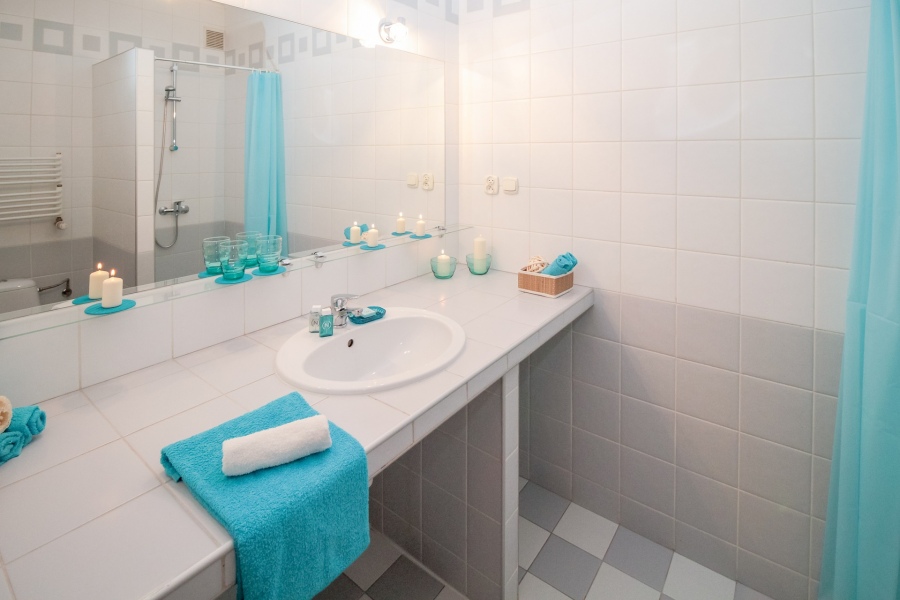If you’re thinking of taking to the ocean waves in your own boat, then there’s a lot to look forward to. Who could resist the chance to sail wherever you like with the wind in your hair and sun sparkling on the sea? However, before investing a great deal of your hard earned cash in a boat, you need to make sure the vessel you’re buying is in tip top condition. As old sea hands know, a boat is sometimes known as a ‘hole in the water into which you throw money.’ So follow this guide to boat buying, and you’ll be sailing into the sunset in an ocean worthy vessel before you can say ‘ahoy there.’
Where to Buy
Buying a yacht is most commonly done through yacht brokers, who work on your behalf to find the perfect boat. Similar to estate agents, broker’s have the experience and knowledge of the market to know what are fair prices, and what boat will be best for you. Brokers are normally paid a commission by the seller, though their duty is to the buyer and seller, and so they will find you a boat, check all the paperwork , attend a sea trial and marine survey to advise, and act as an intermediary in negotiations to buy. It’s always advisable to use a broker such as http://www.ancasta.com/ whose 32 years of experience will help you find the boat that’s right for you.
If you’re not using a yacht broker, and are buying a boat through a private sale, then you need to make sure you follow through these points below.
Marine Survey
An important element of the buying process is commissioning a marine survey to help you assess the condition of a boat, most especially if it’s used. A marine survey will help establish the condition and sea worthiness of the boat. Yacht’s can deteriorate fast when not looked after, so avoid that sinking feeling and use a marine surveyor to check over any boat you’re seriously considering buying.
Viewing and Trialling Boats
It goes without saying that you should always visit a boat you’re buying, but the acid test is to take it on a sea trial. Most disenchanted boat owners have simply bought the wrong boat for them, so it’s always important to get a feel for it out on the water. You also need to ask yourself what you will be using the boat for, who will be using it, when you’ll be using it, and where you intend to take it.
Budget
When you own a boat, you need to factor in a lot more than just the initial cost of the vessel. Ongoing costs can stack up fast. Insurance, fuel, mooring and dockage, maintenance and repairs must all be considered. To find the money for the actual cost of the boat, then you can opt for a marine mortgage, or an ordinary boat finance bank loan. Just make sure you have carefully worked out all costs before you buy.
Wendy Lin is a freelance writer who specialises in guest blogging. She is also passionate about business finance and enjoys spending time on the water in their family boat.





